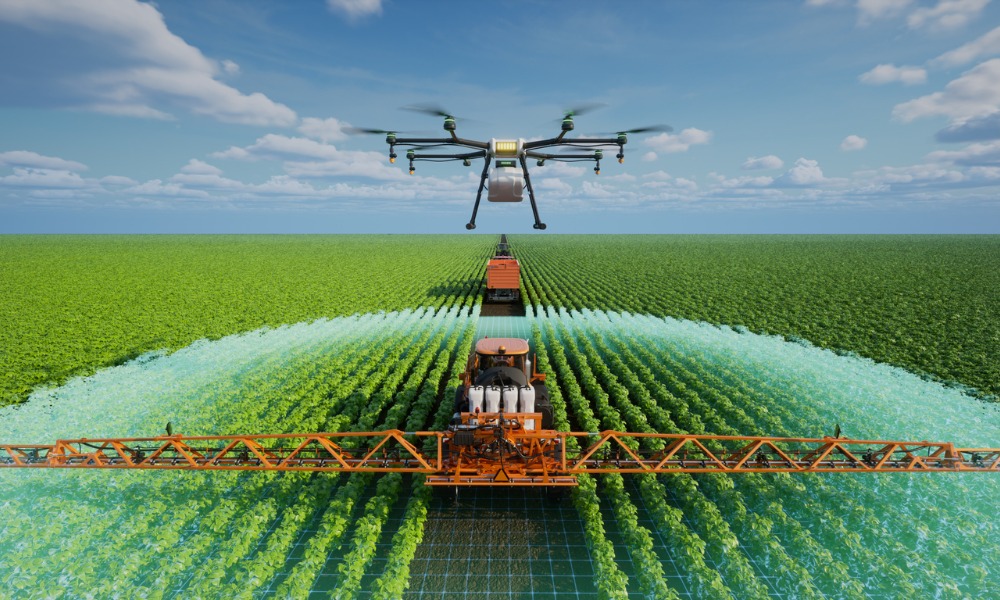
Tech adoption 'has led to increased demand for workers with higher levels of education and skills'

Thousands of workers in the agriculture and food and beverage manufacturing sectors might have to do some serious upskilling as many of their jobs could be automated within the next decade, according to a recent report.
Overall, one-third of Canadian agriculture jobs and one-fifth of food and beverage manufacturing jobs could be lost, data from the Conference Board of Canada reveals.
That equates to roughly 160,000 jobs, according to the report. Overall, the agri-food sector in Canada employed 563,000 people last year.
Precision agriculture, advanced machinery and sensor technology are the types of technology that are most likely to take up repetitive jobs.
The Canadian Agricultural Human Resource Council (CAHRC) previously forecast that the agriculture sector will have about 100,000 unfilled job positions by the year 2030.
The quest for improved productivity and labour shortages are what’s pushing employers in the agriculture and food and beverage manufacturing sectors, according to the Conference Board of Canada.
"As businesses struggle to find and retain skilled workers, they are increasingly turning to automation and advanced technologies to fill this gap," read part of the report, according to an article from The Canadian Press posted on Yahoo! Finance.
On top of that, about 30% of the current Canadian agri-food workforce is expected to retire by 2030, according to the report.
Automation coming into the agriculture and food and beverage manufacturing sectors will mean growing demand for data scientists, software engineers and other kinds of higher-tech roles, according to The Conference Board of Canada’s report.
"While these technologies hold the potential to optimize production and enable data-driven decision-making, their adoption has led to increased demand for workers with higher levels of education and skills."
However, information technology roles currently make up a very small share of employment in the sector, according to the report.
The industry can attract a younger generation of workers by offering more technologically advanced roles.
Automation and digital technology present opportunities for unprecedented growth and innovation with the sector, said Alain Francq, director of innovation and technology at the board, in the CP report.
However, there are still barriers to tech adoption in the sector, including a lack of government support and funding.
Overall, 71% of workers would like to update their skills more often, and 80% believe employers should invest more to provide upskilling and reskilling opportunities for workers, according to a previous report from TalentLMS.
The board recommends that the government promote the role of the agri-food sector in the economy and emphasize the need for tech-focused labour.